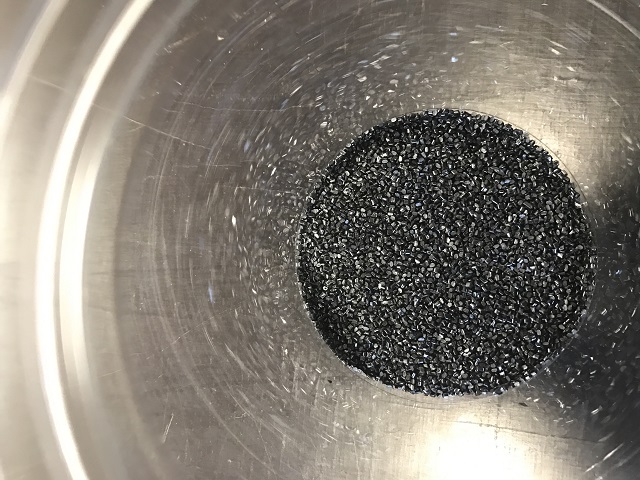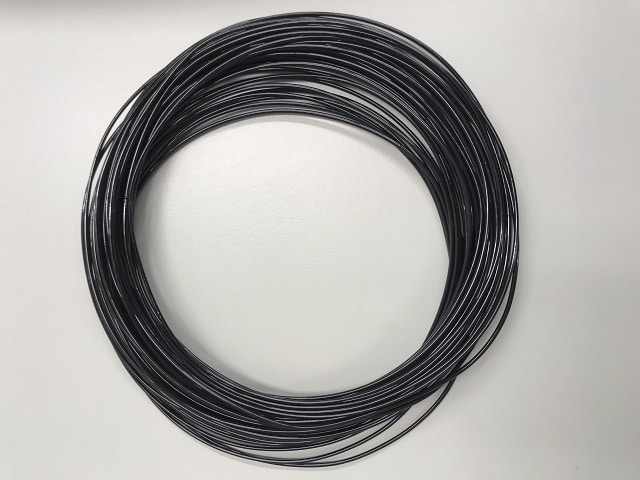Polyphenylene sulfide (PPS) is a high performance engineering plastic with high heat, acid, alkali, UV and abrasion resistance coupled with high dimensional and thermal stability. The plastic is also inherently flame retardant (material has been UL94 V-0 classed) and has excellent water resistance. PPS as a material is new to Additive Manufacturing and currently little used in 3D printing. There are PPS resin grades suited for powder bed fusion technologies (Laser sintering, LS, selective laser sintering, SLS) and some FDM (Fused deposition modeling, FFF) filament is available. Outside 3D printing the compound is used for housings, electronics, electrical appliances and in the automotive industry. Solvay makes Ryton and Toray Torelina (and Toray’s Torelina resin is available as a SLS grade).
There are a number of other manufacturers and also many specialized grades such as filled grades. PPS needs to be dried before processing 150 plus temperatures for 3 hours is recommended. Depending on the grade the glass transition temperature is 90, the melting point 278 and a melt temperature of between 315 and 343 when extruded. Typically for injection molding applications Polyphenylene sulfide requires 3 hours of drying at 130, a mold temperature of 130 and a cylinder temperature of 320.

PPS granulate.
We looked at and extruded PPS here at 3devo. We dried the material for 8 hours and then managed to successfully extrude filament from the material. The materials was comparatively easy to dial in and extrude as well as process.

PPS 3D Printing Filament
We think that this is another step forward for our clients and look forward to dialing in and extruding many more materials for you.